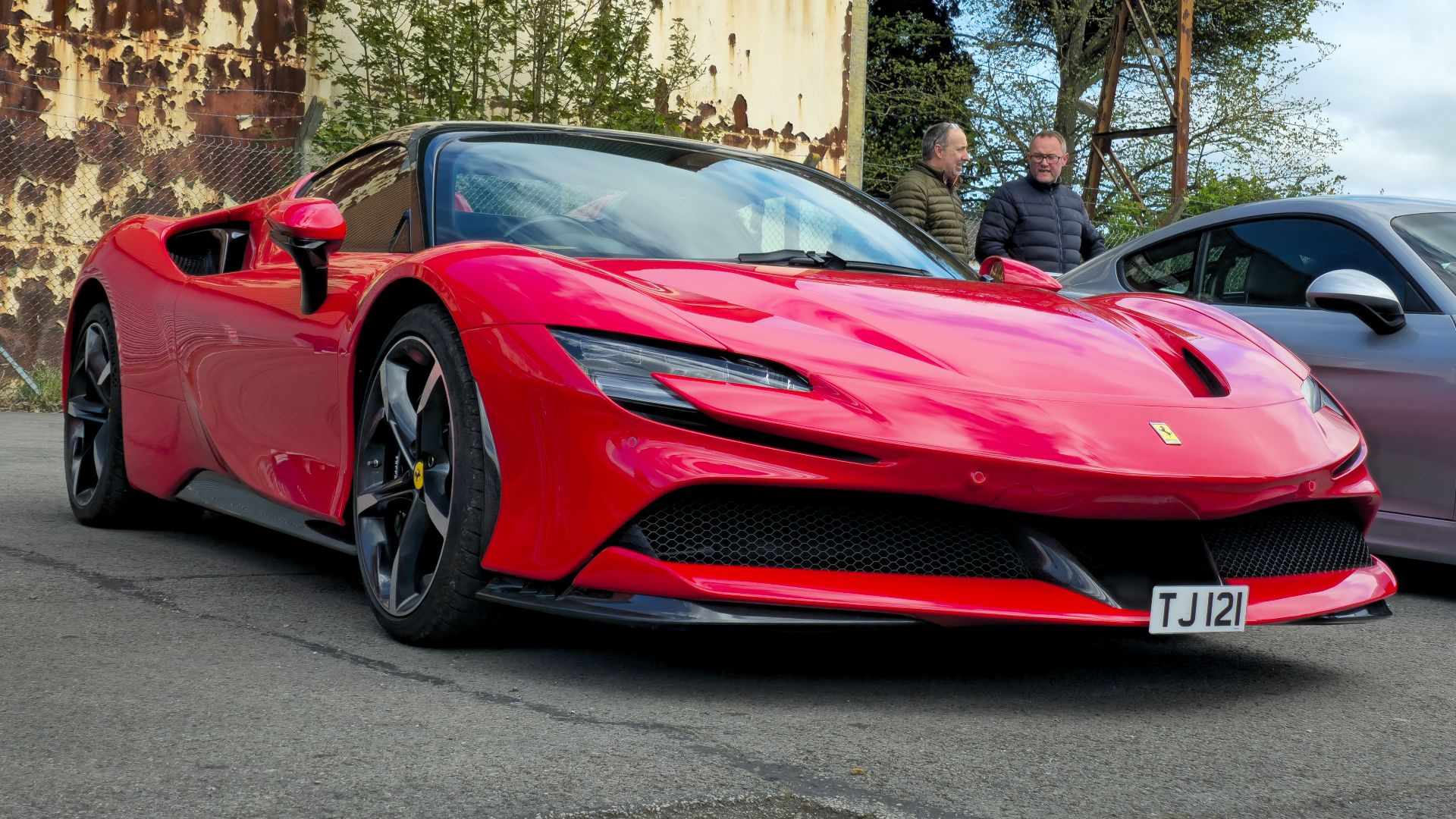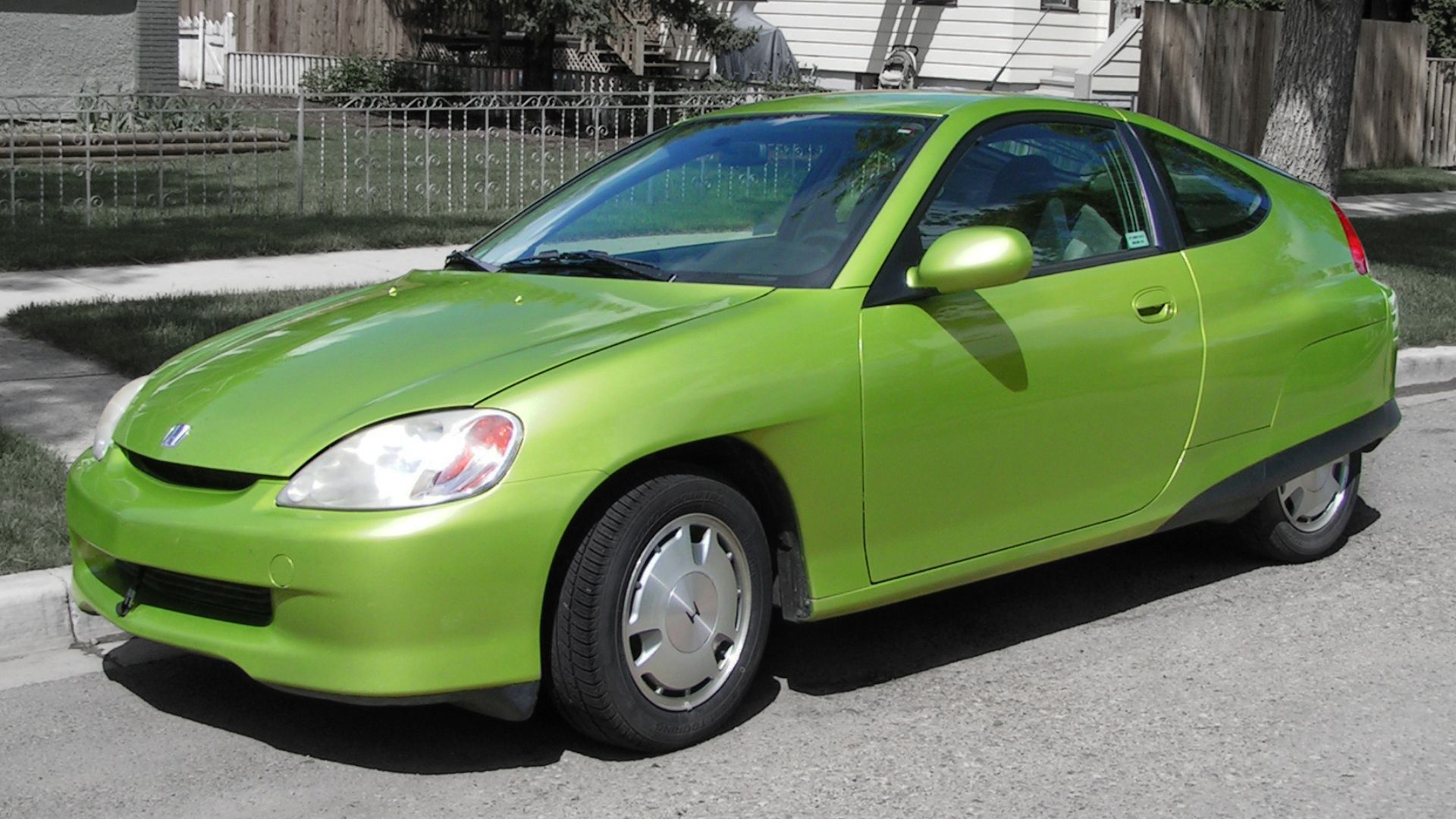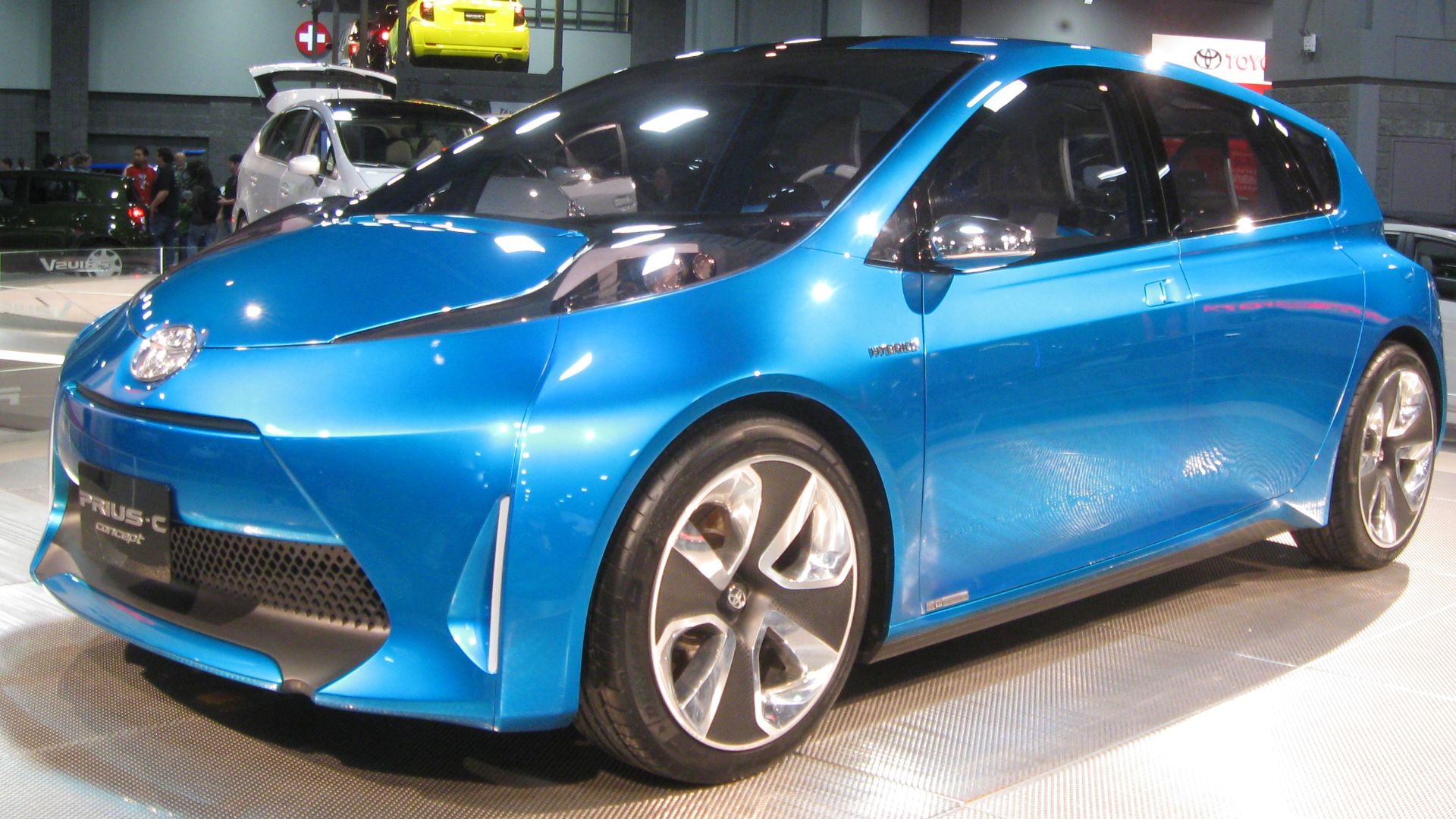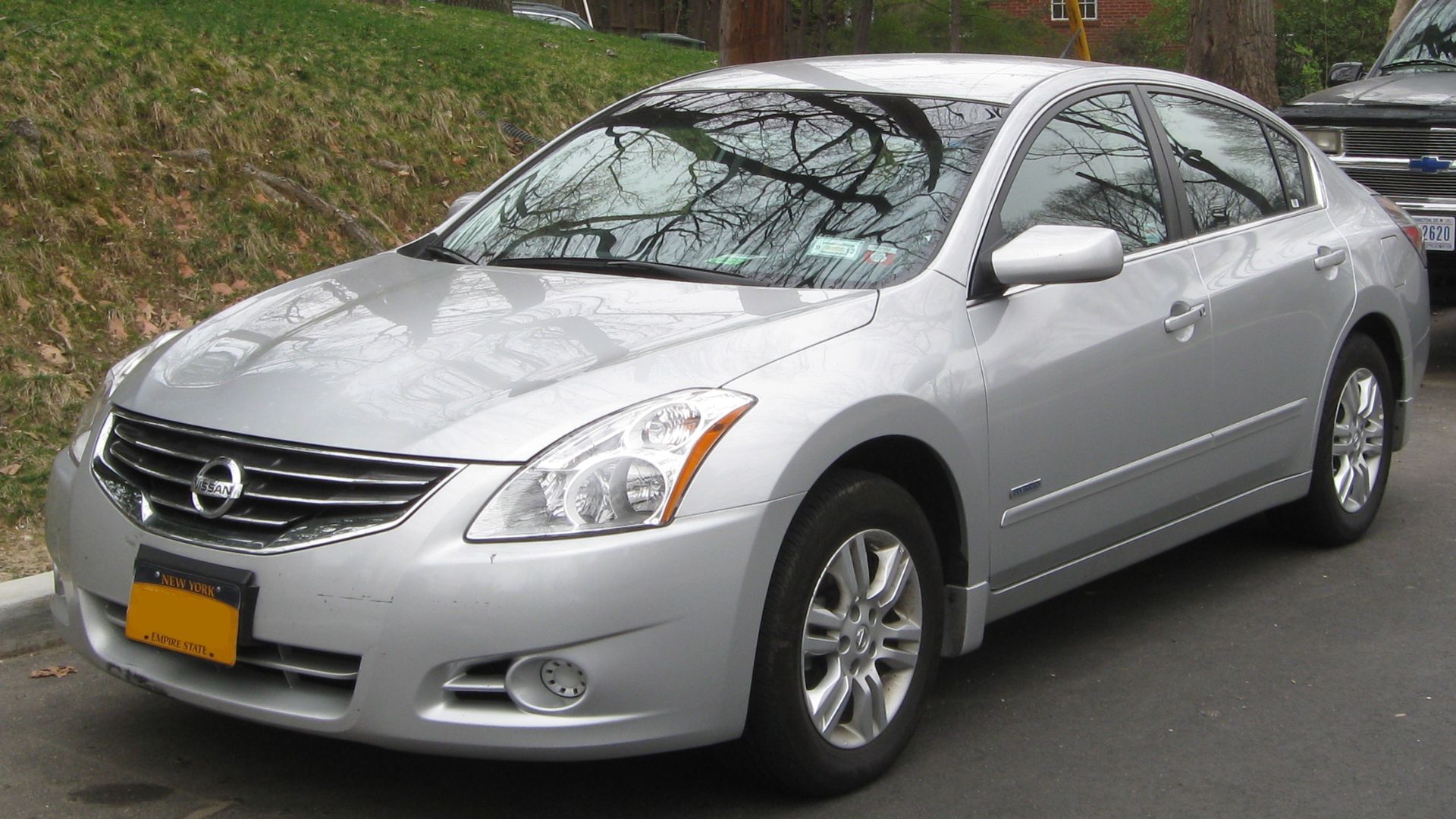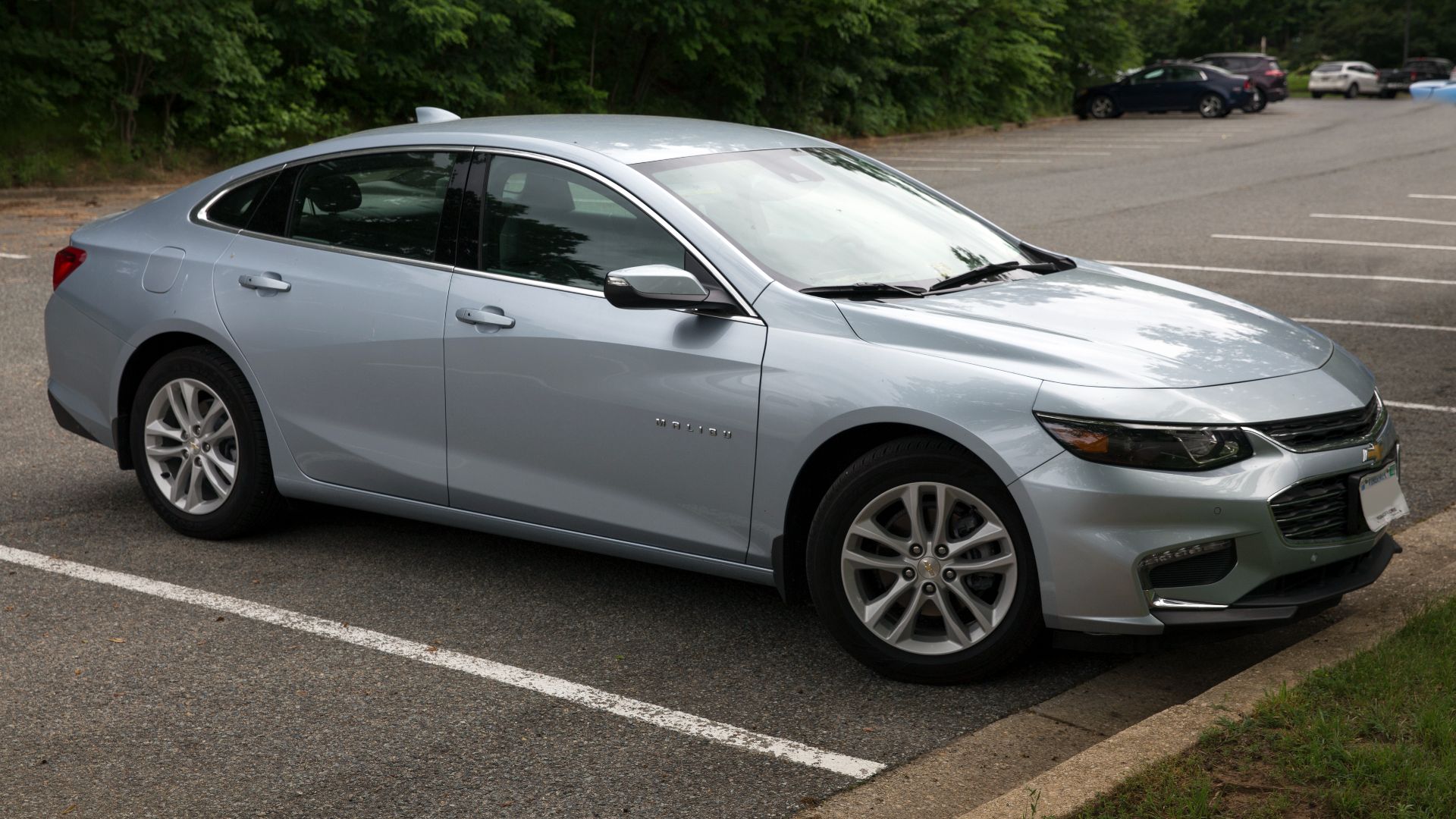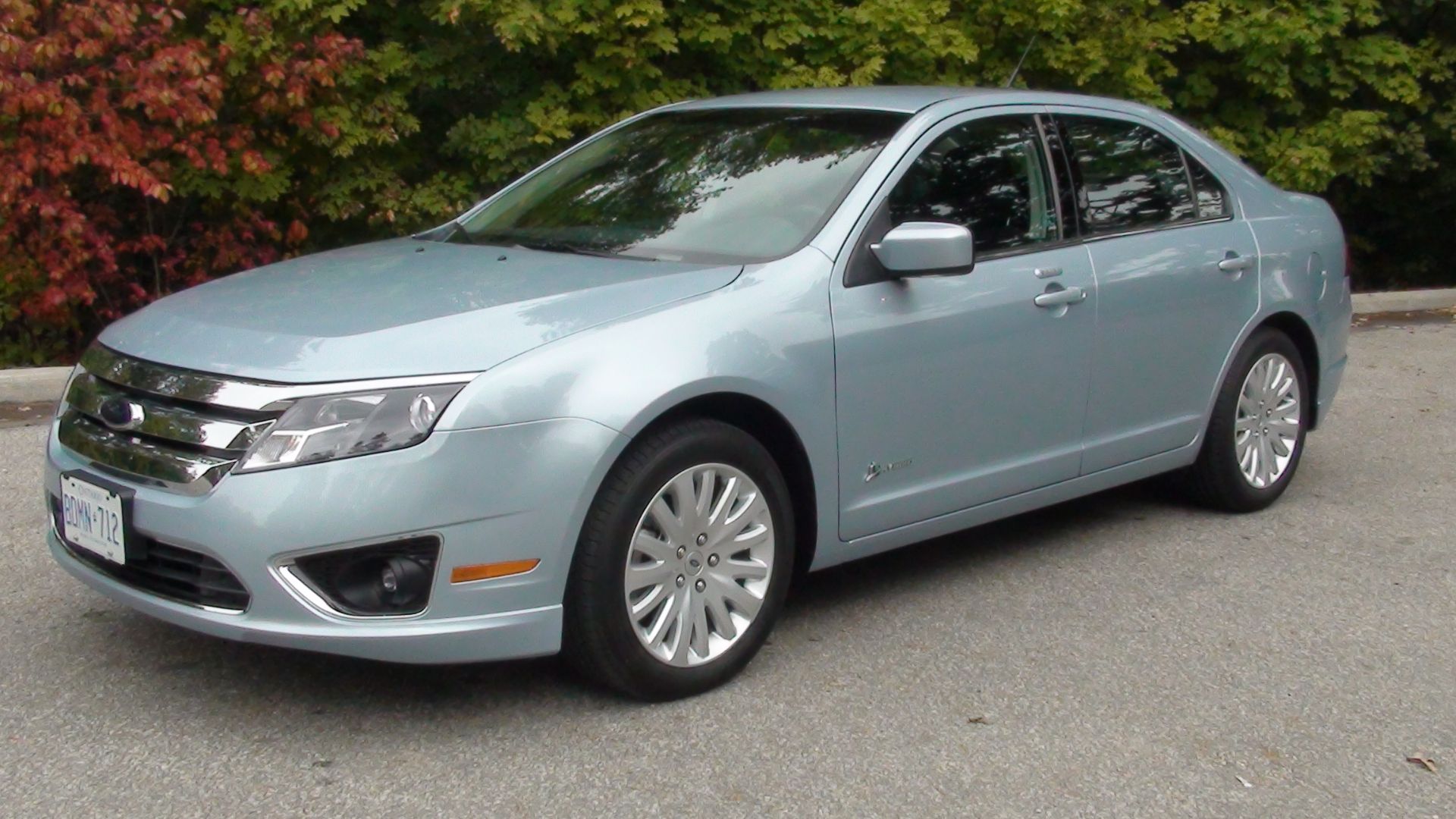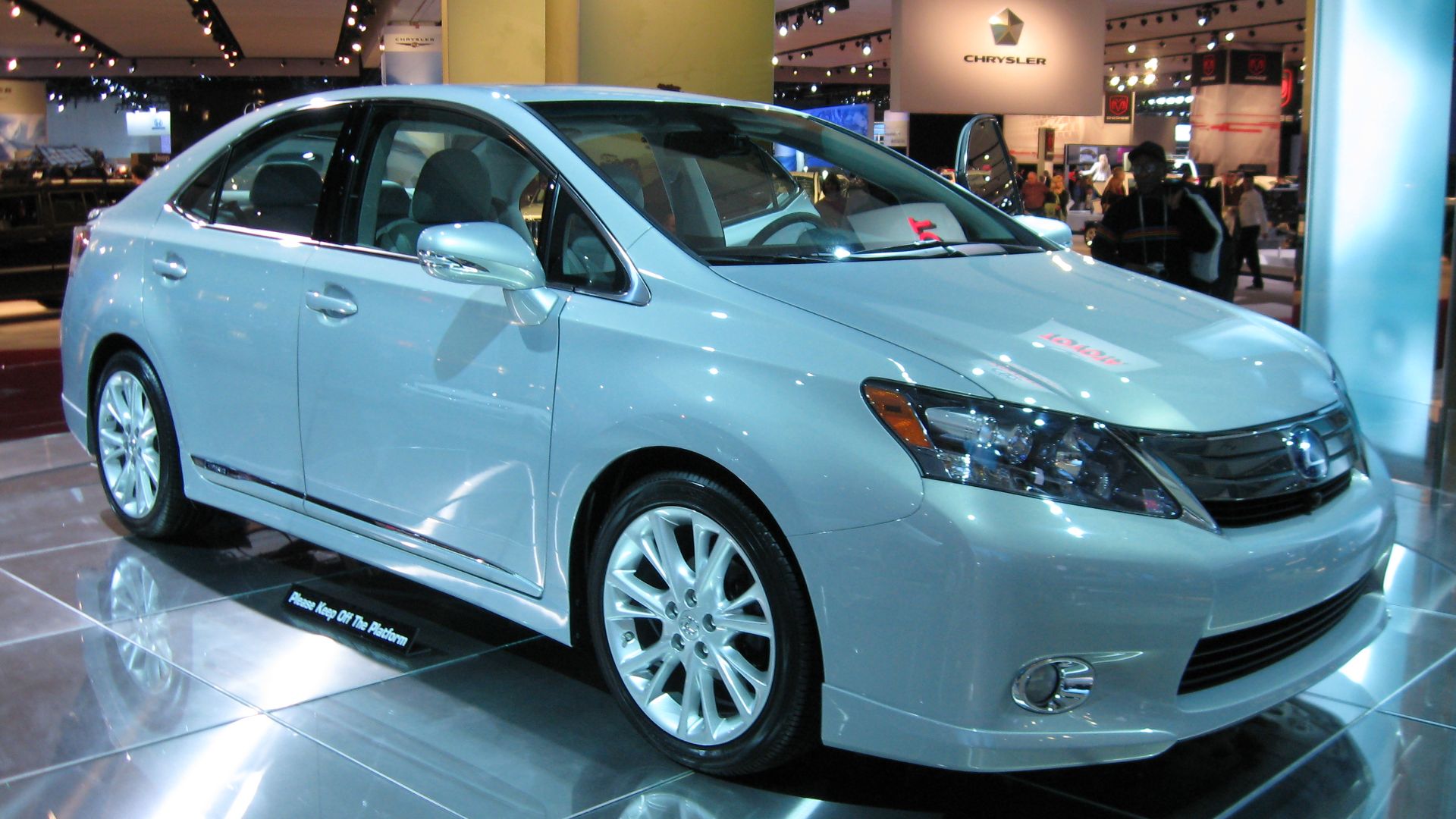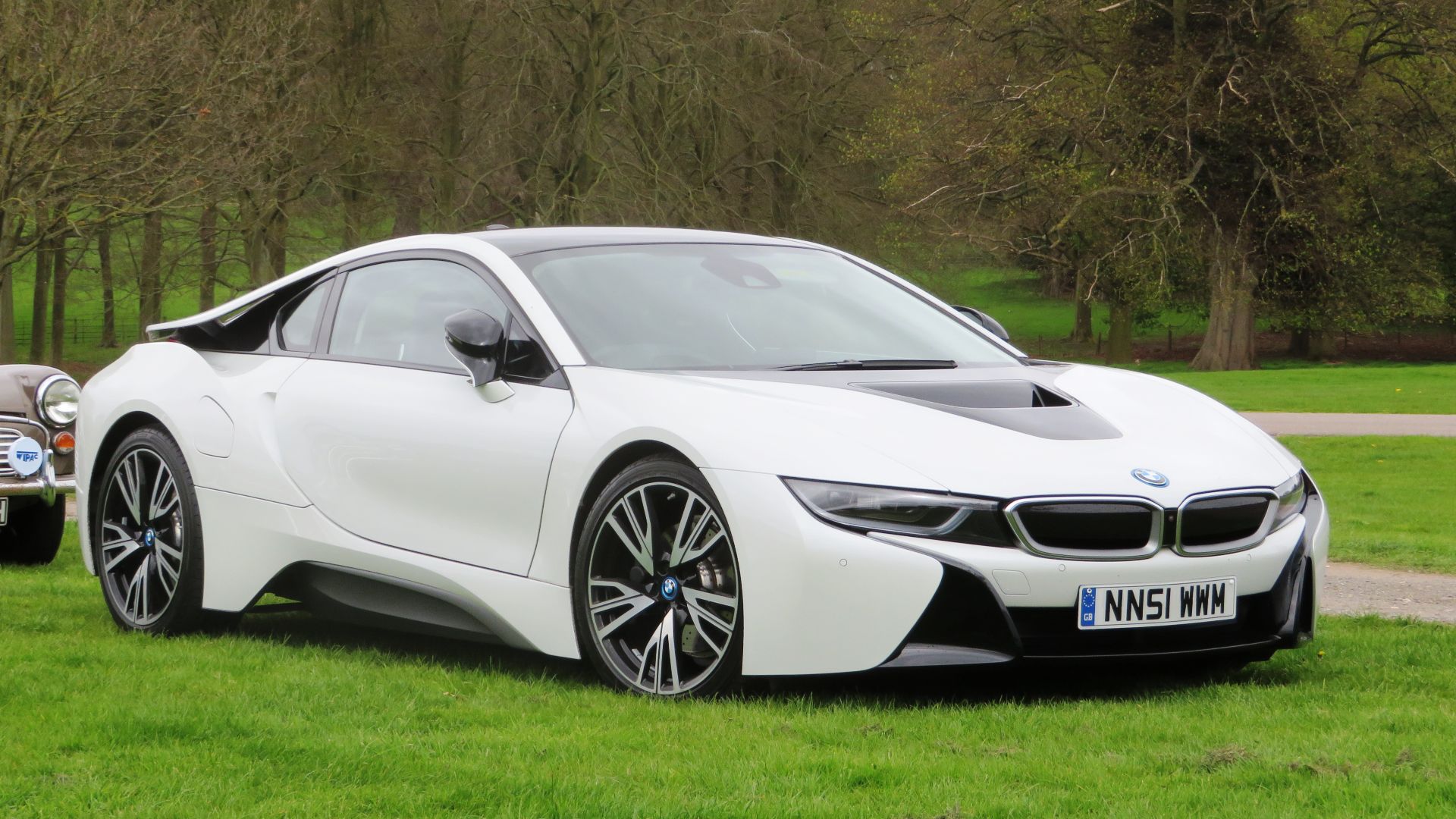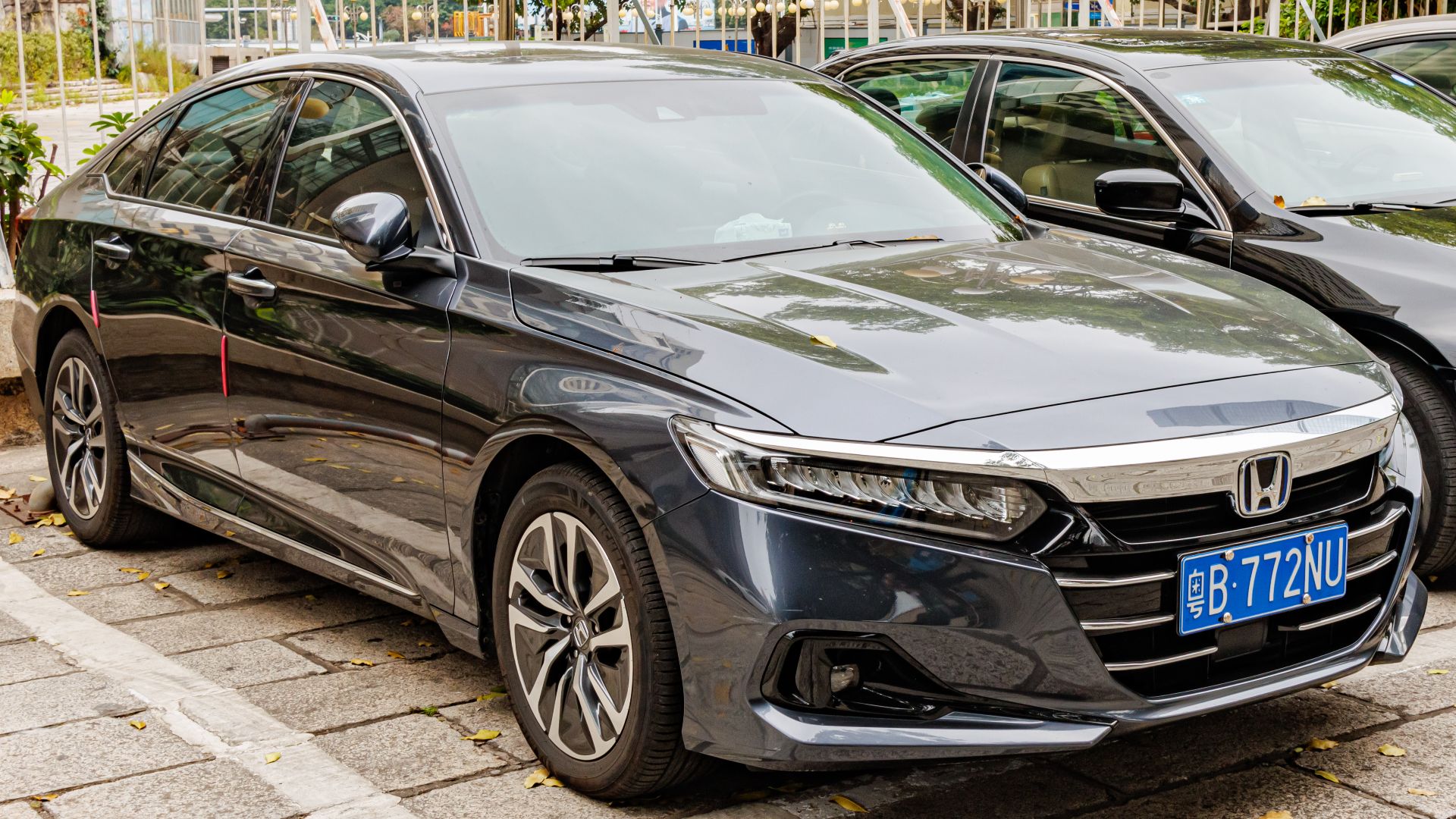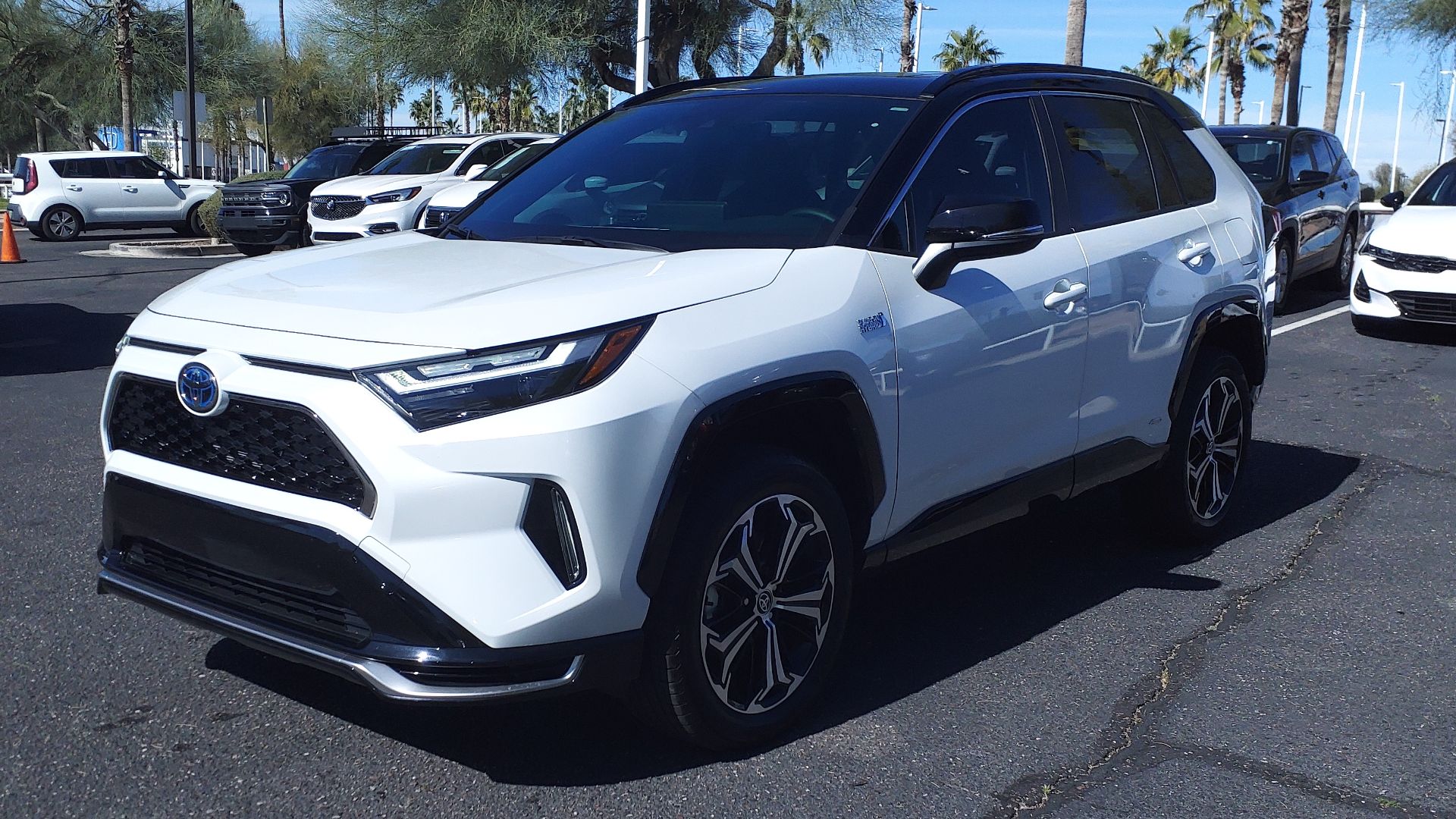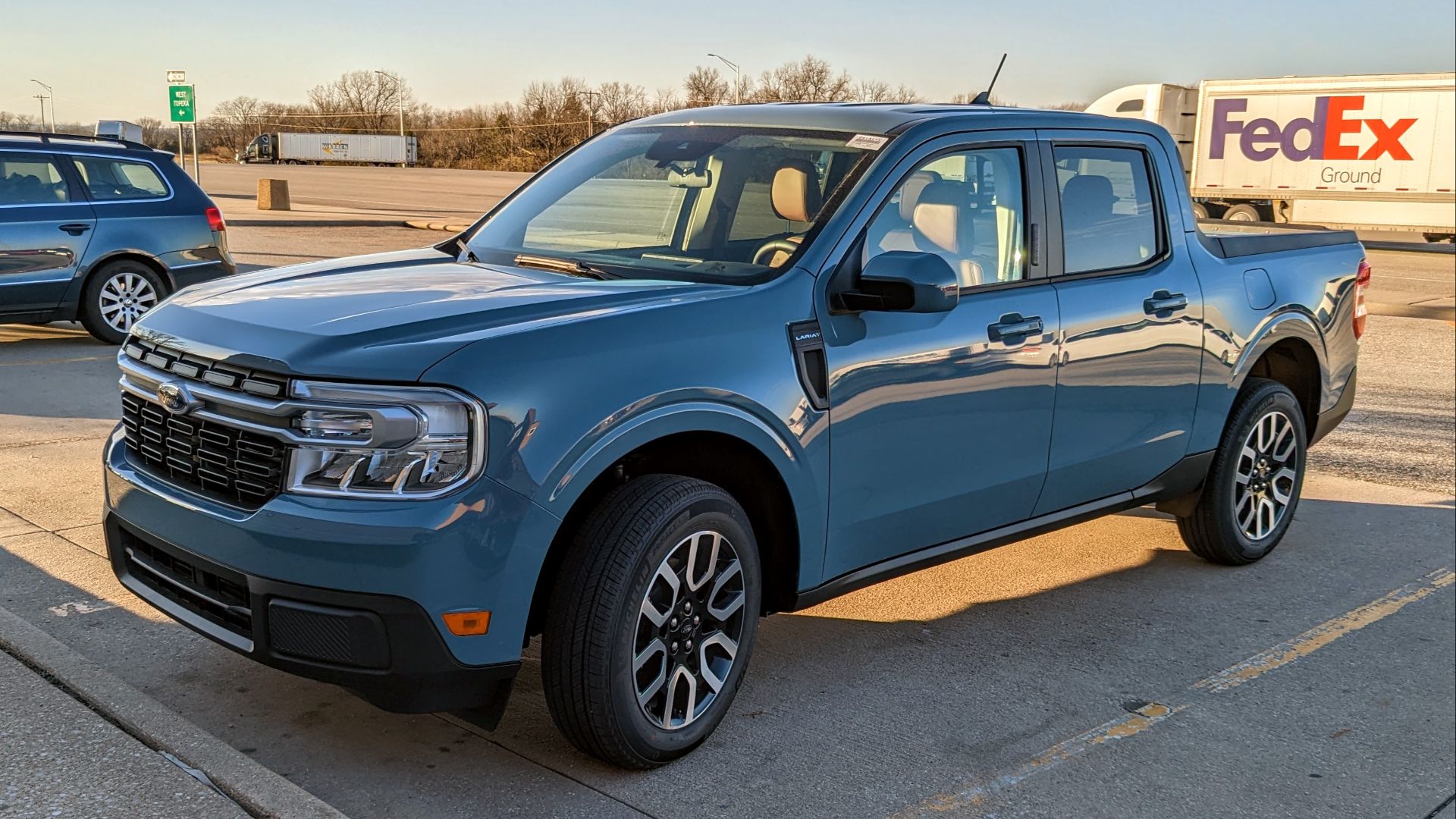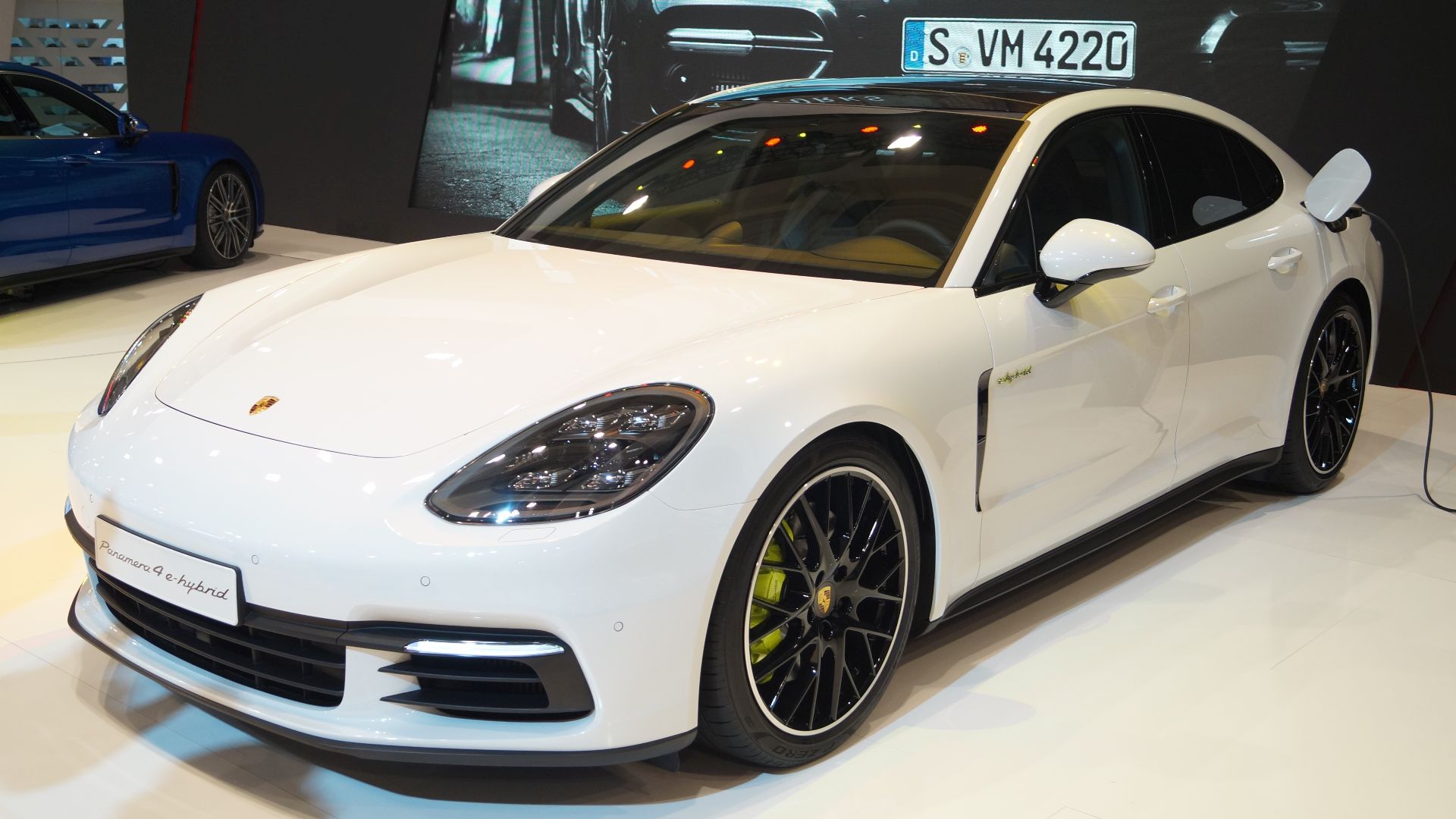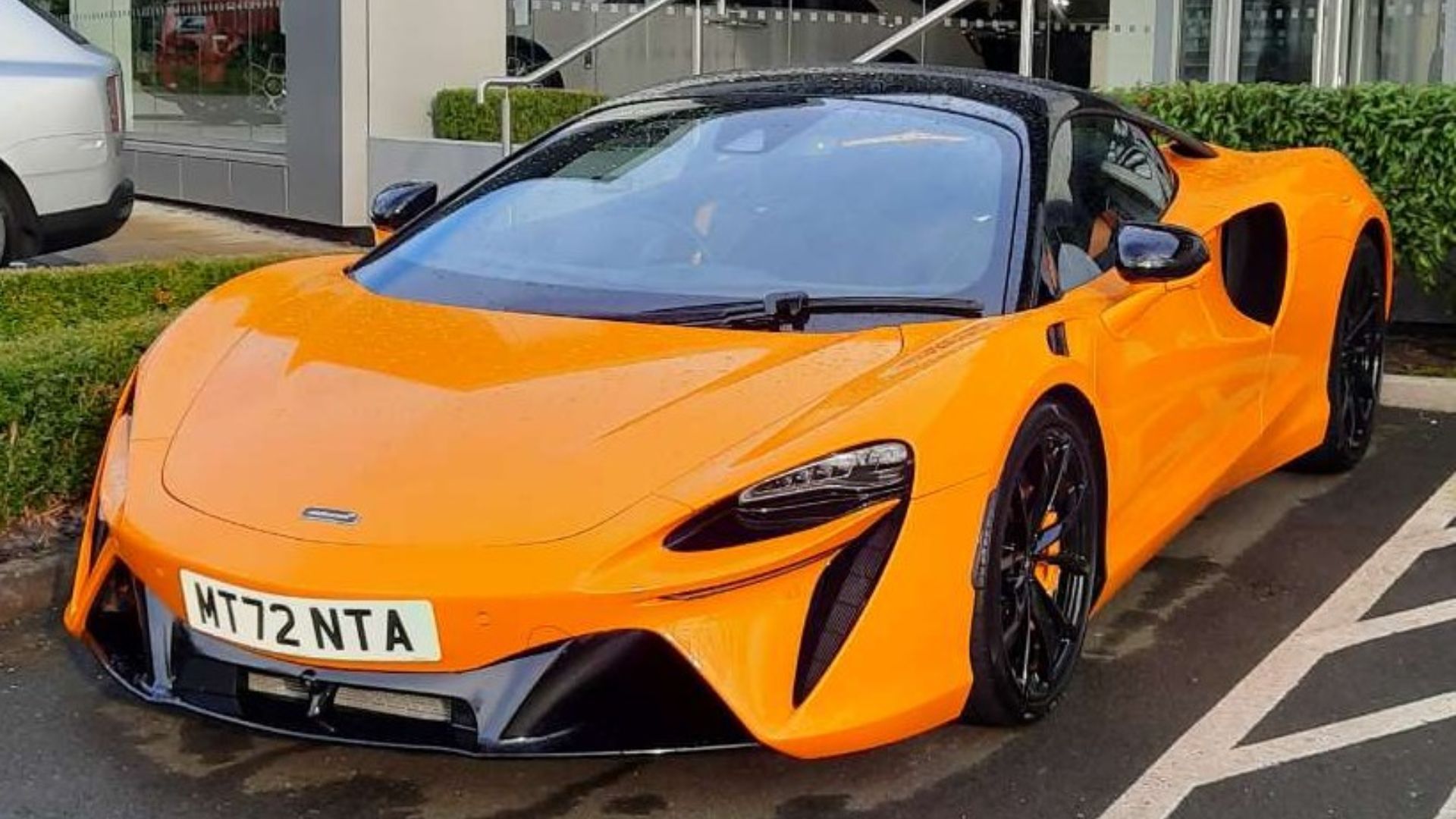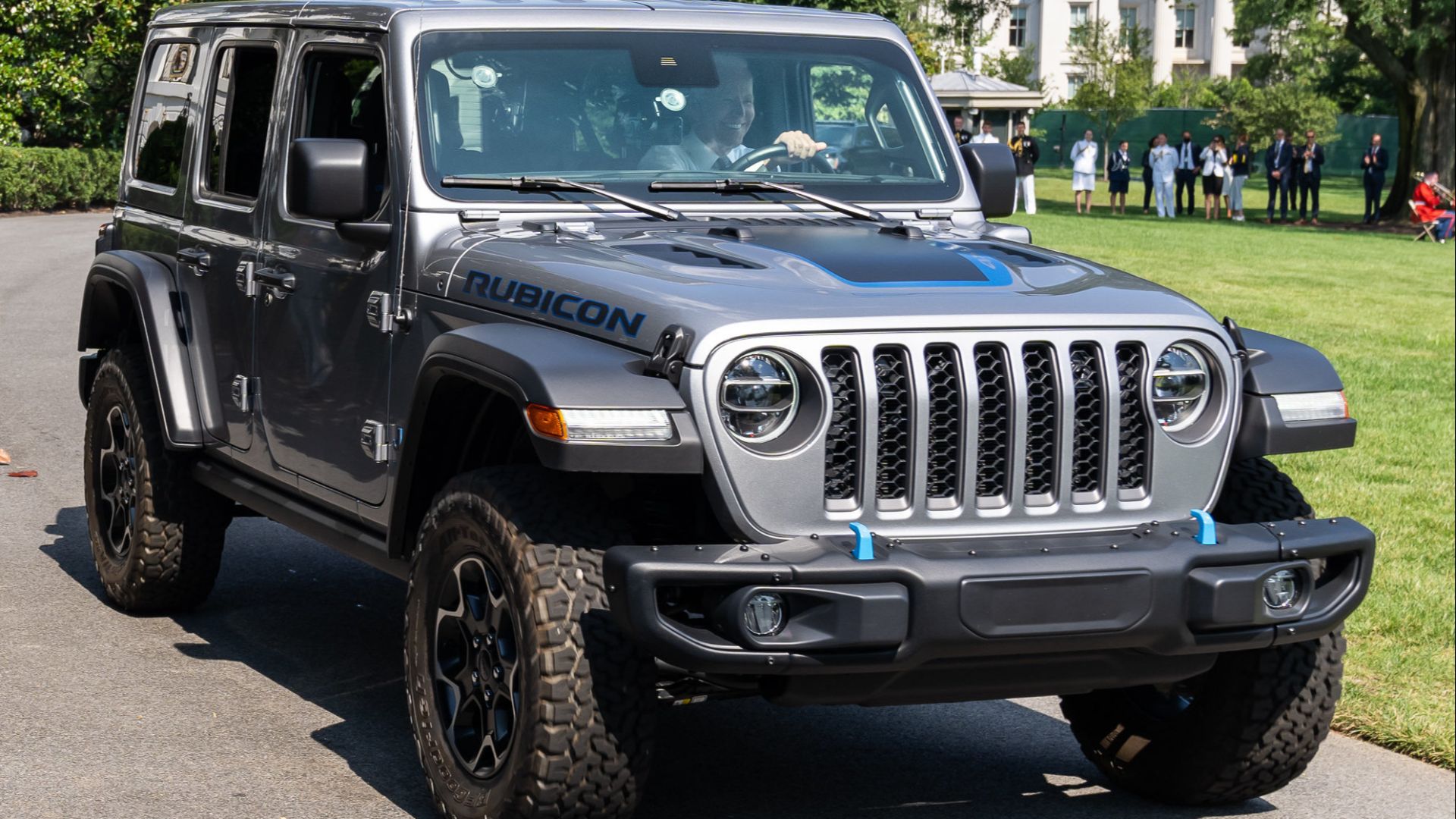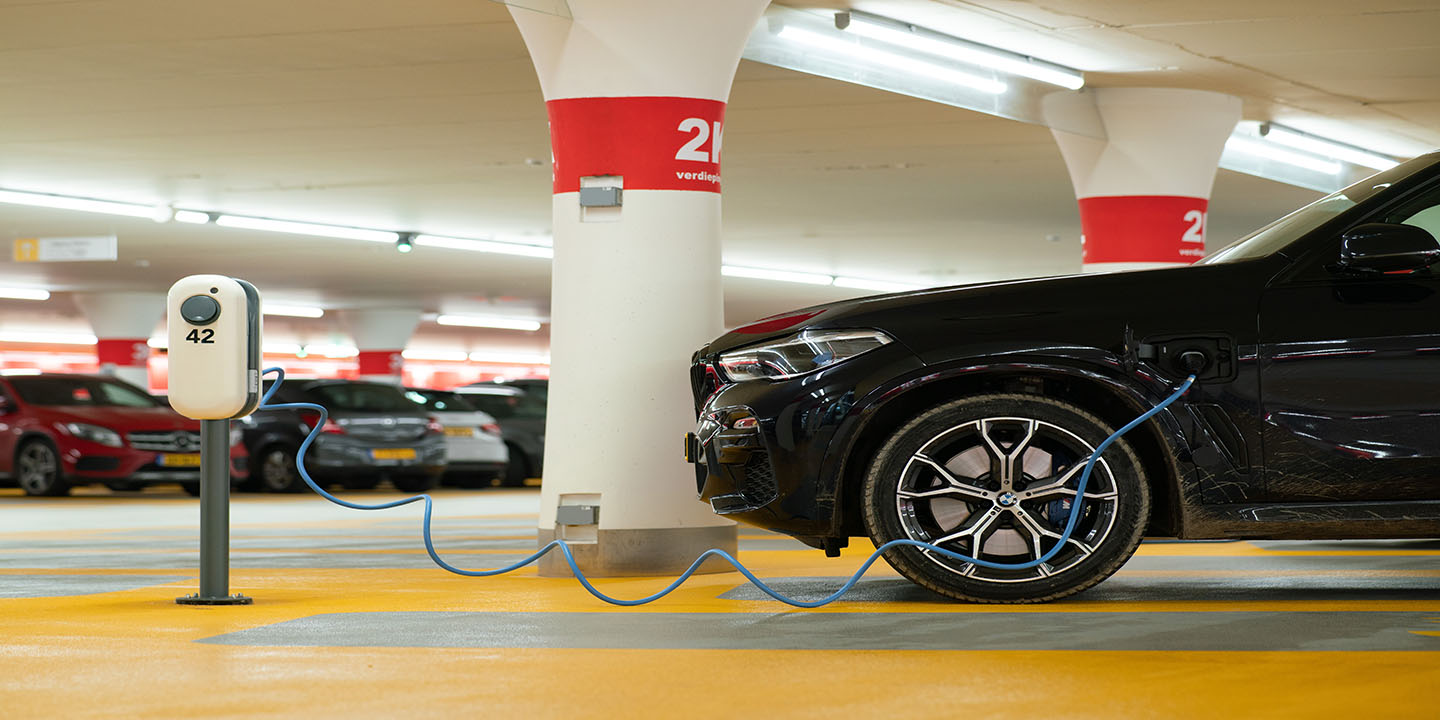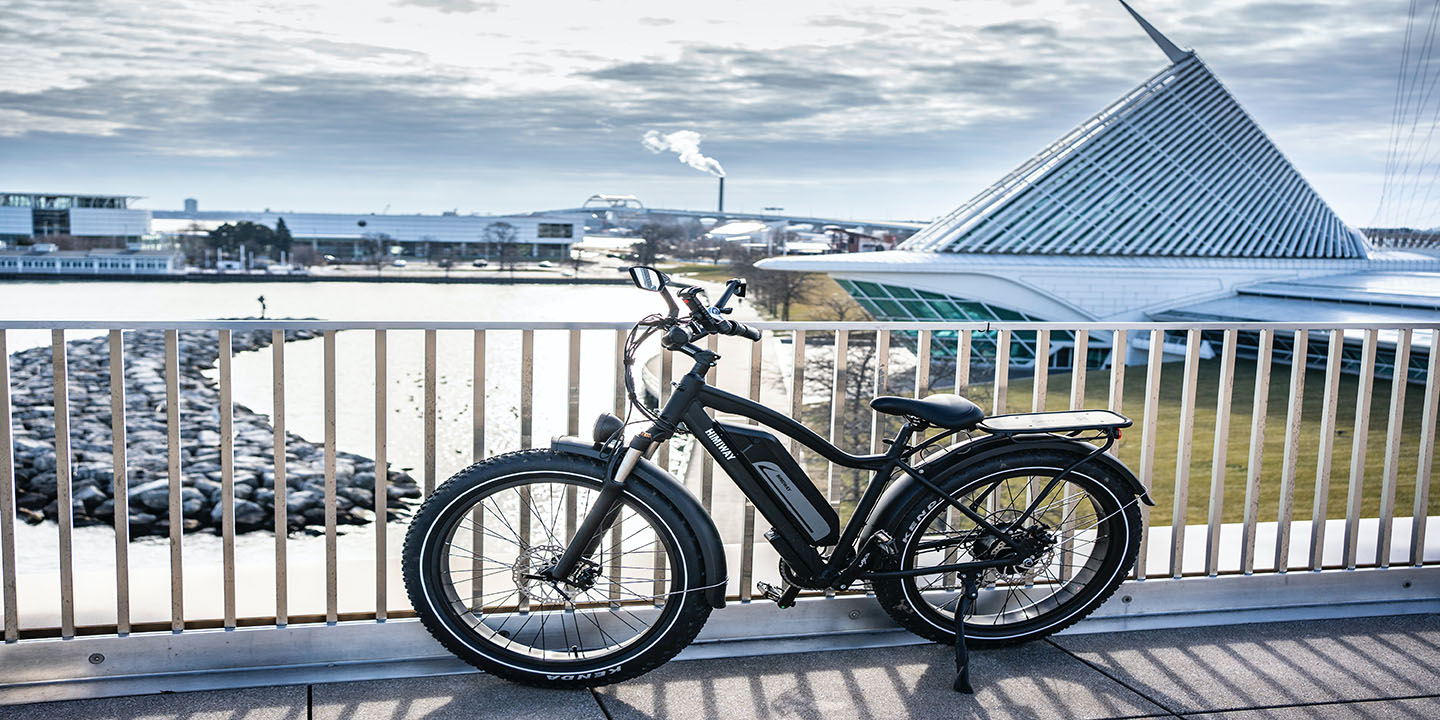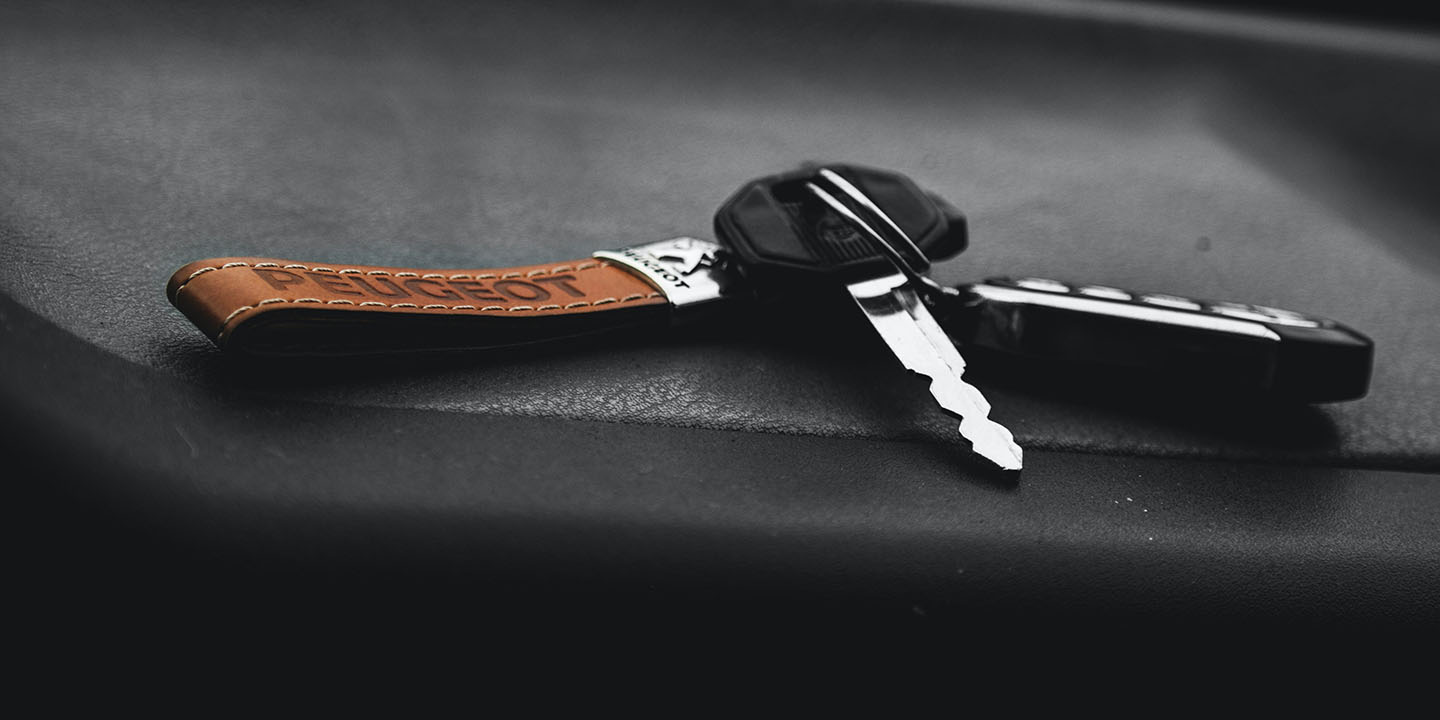It's A Thin Line Between Lame & Cool
Hybrids weren't always the polished machines you see today. Early efforts sometimes stumbled, while others quietly set new standards. As technology raced forward, so did the competition to get it right. Before we get to those who have earned their respect, let's take a closer look at 20 lame ones that weren't able to shake things up like they should have.
1. Honda Insight (First Generation)
Honda's first Insight dropped in 1999 with hybrid tech that few Americans understood. Although its 70 mpg rating impressed, the cramped two-seater body and tiny trunk turned off families. Innovation mattered, but not over practicality. Honda rethought everything for the Civic Hybrid later.
2. Cadillac ELR
Sleek looks couldn't save the Cadillac ELR after its 2014 debut. Based on the Chevy Volt but far pricier, it disappointed buyers expecting real luxury performance. Cadillac ended production by 2016, realizing that image alone wasn't enough to justify a $75,000 hybrid experiment gone wrong.
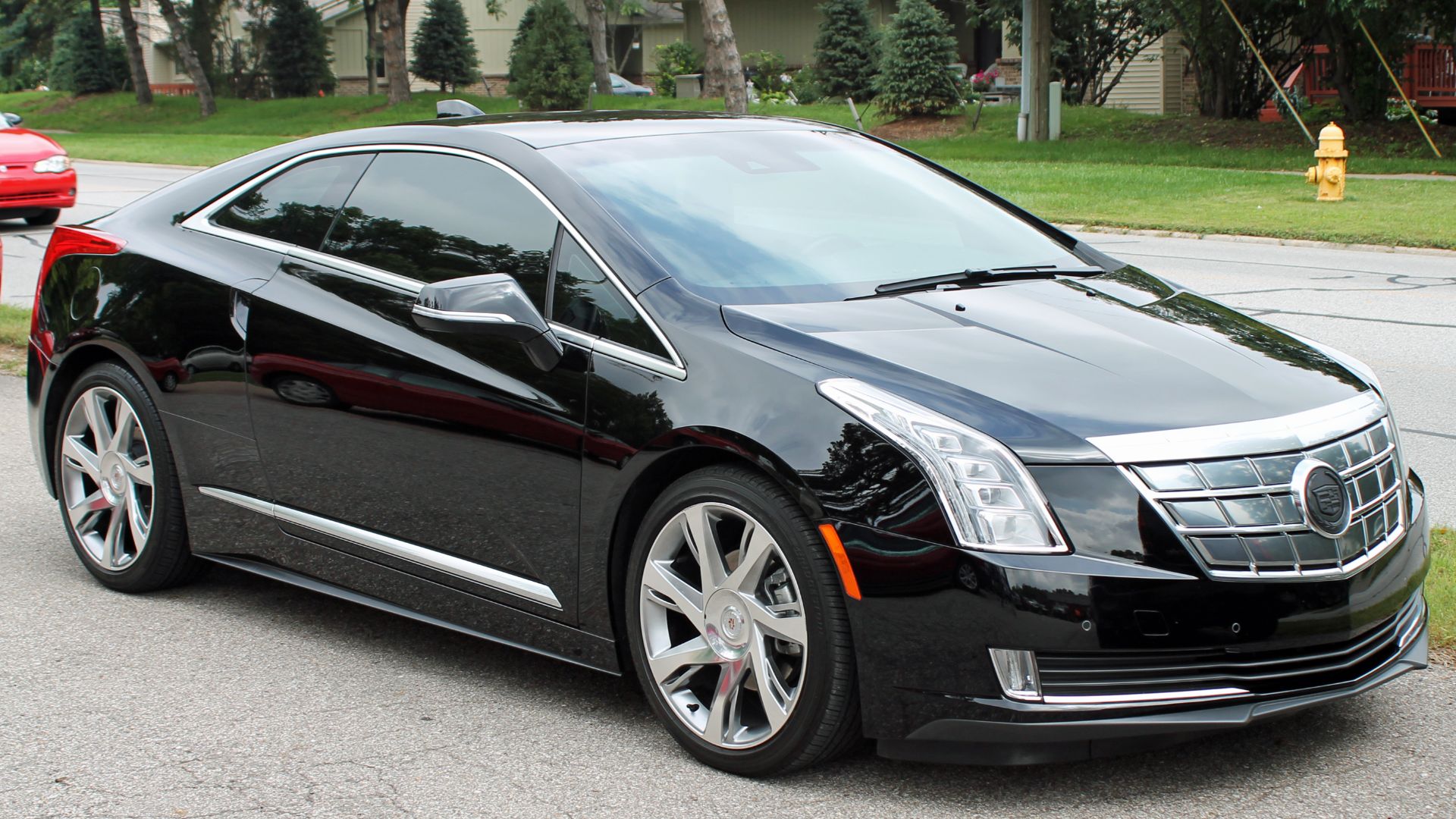 2014 Cadillac ELR.jpg: priceman 141 derivative work: Mariordo on Wikimedia
2014 Cadillac ELR.jpg: priceman 141 derivative work: Mariordo on Wikimedia
3. Toyota Prius C
Lightweight and budget-friendly, the Prius C hit the streets in 2012, chasing younger buyers. Sadly, its buzzy engine and sluggish drive made it hard to love. By 2019, Toyota admitted defeat and steered attention toward bigger and better hybrid models like the Prius Prime.
4. Nissan Altima Hybrid
Hybrid dreams collided with reality when Nissan launched the Altima Hybrid in 2007. Instead of innovation, buyers got a heavier sedan borrowing Toyota’s hybrid system without matching Toyota’s polish. Few noticed when Nissan quietly dropped the model in 2011 for fully electric ambitions.
5. Chevrolet Malibu Hybrid (2016–2020)
Efficiency without excitement plagued the 2016 Malibu Hybrid. Despite solid mileage numbers, bland handling, and low marketing energy, it remained invisible in showrooms. Before 2021, Chevrolet cut its losses. They pivoted hard toward SUV dominance and largely abandoned the hybrid sedan battlefield altogether.
6. Ford Fusion Hybrid (First Generation)
Released in 2010, Ford's first Fusion Hybrid entered a crowded arena filled with sharper rivals. Drivers faced sluggish dynamics and humdrum design. Ford learned quickly and refined later Fusion models into genuine hybrid competitors before the entire line was retired in 2020.
7. Honda CR-Z
A sports hybrid sounded irresistible when Honda introduced the CR-Z in 2011. But behind the sporty looks lurked sluggish acceleration and underwhelming thrills. Production ended by 2016 as buyers favored either pure efficiency or true performance cars, not lukewarm compromises trying to please everyone.
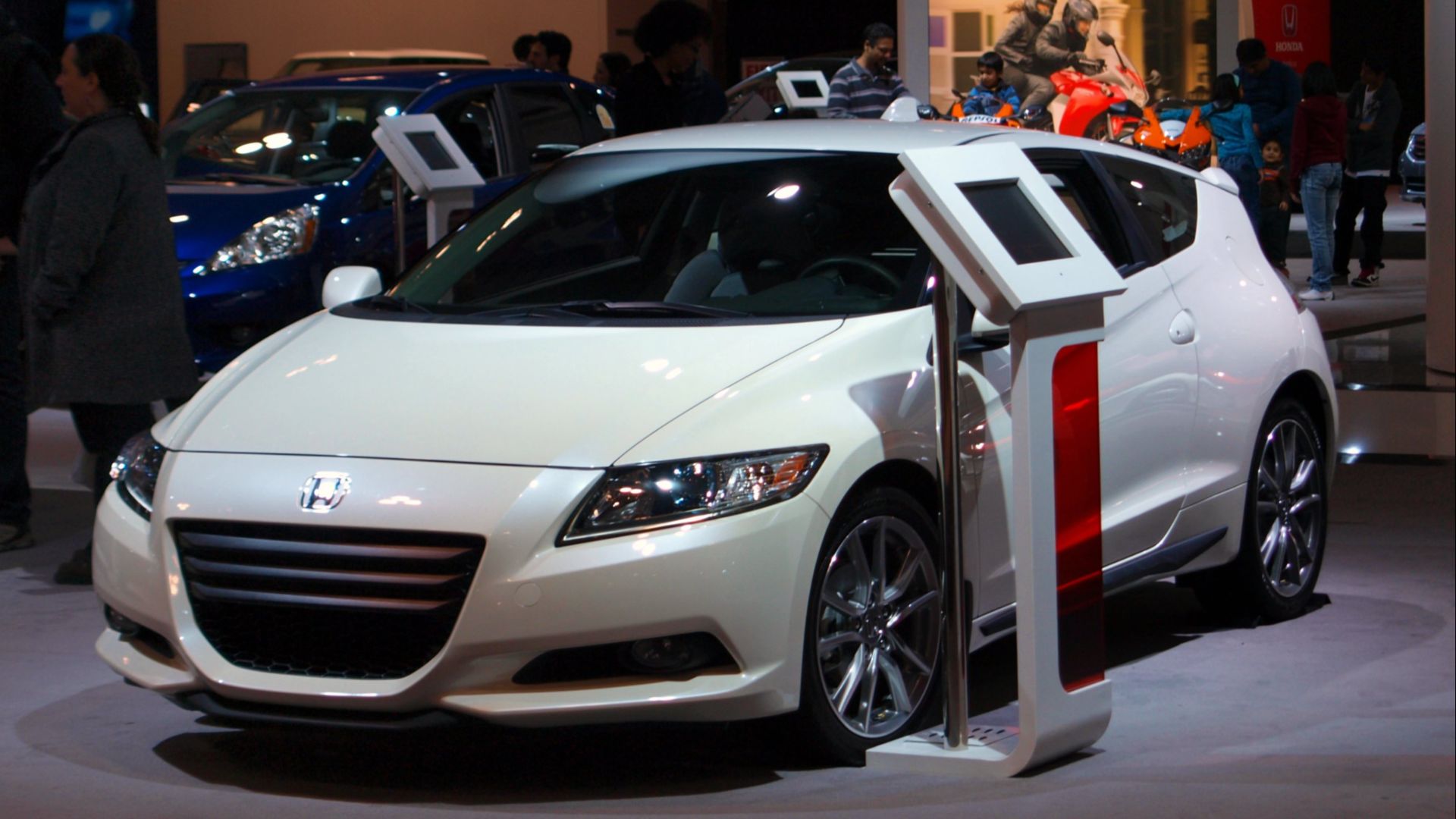 Michael Gil from Calgary, AB, Canada on Wikimedia
Michael Gil from Calgary, AB, Canada on Wikimedia
8. Lexus HS 250h
Luxury hybrids deserved excitement, but the Lexus HS 250h, launched in 2009, offered only beige blandness. Good intentions abounded, but slow sales and recalls spelled its doom. Banking on the more versatile and appealing ES 300h, Lexus scrapped it by 2012.
9. Hyundai Sonata Hybrid (First Generation)
Hyundai’s first Sonata Hybrid arrived in 2011, aiming to shake up a growing segment. Early adopters found quirky styling and inconsistent fuel economy, rather than true innovation. Updates helped later, but this first version struggled. The second-generation release was far superior.
 Hyundai Sonata Gold On Mumbai Pune Expressway - Abhishek Shringare by Altamash Shaikh
Hyundai Sonata Gold On Mumbai Pune Expressway - Abhishek Shringare by Altamash Shaikh
10. Volkswagen Jetta Hybrid
Slick marketing couldn’t save the 2013 Volkswagen Jetta Hybrid from reality checks. Despite the sprightly turbocharged performance, reliability issues and expensive repairs turned owners off fast. Volkswagen dropped the model by 2017, quietly retreating to stronger diesel offerings—until another, much bigger scandal forced a brand reset.
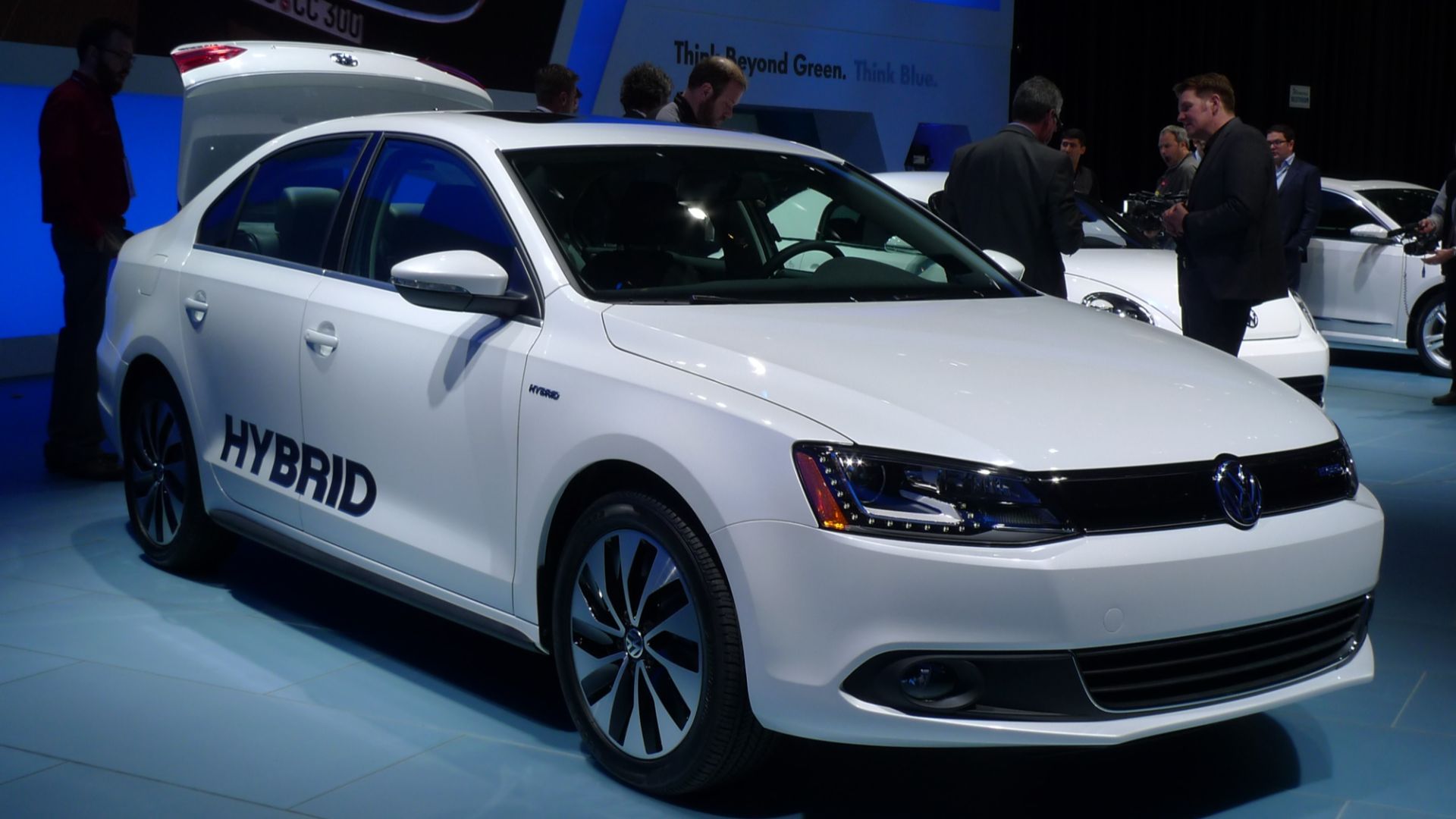 awduthie (Andrew Duthie) on Wikimedia
awduthie (Andrew Duthie) on Wikimedia
Now it’s time for the hybrids that actually pulled it off—and proved the future is closer than many drivers thought.
1. Toyota Prius Prime
Toyota flipped the hybrid script with the Prius Prime in 2017. Offering a real electric-only range and sleeker design, it won over eco-conscious commuters fast. Advanced tech, like predictive charging, sets it apart. Prius Prime showed that hybrids could be efficient without sacrificing everyday practicality.
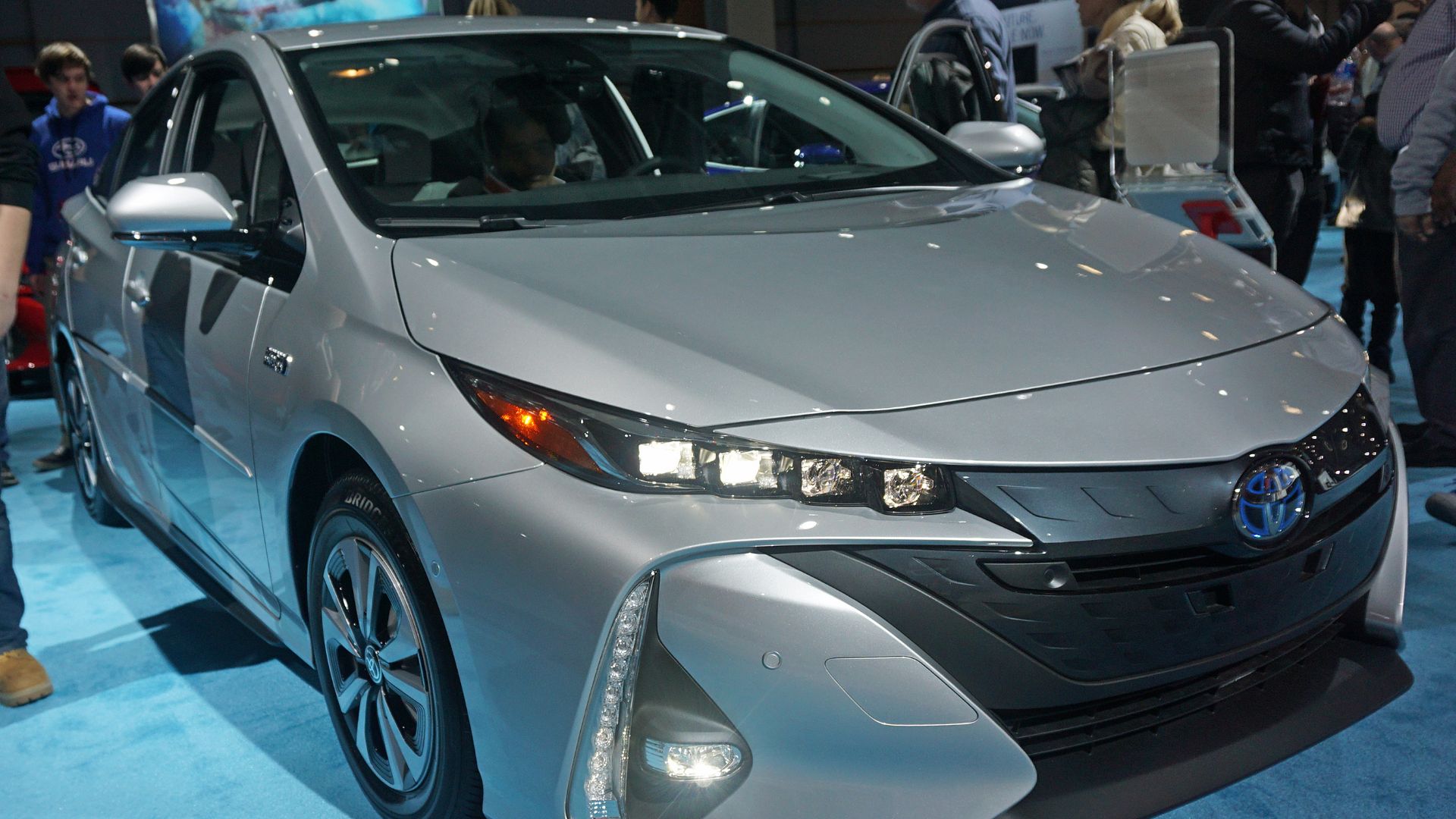 Mariordo (Mario Roberto Durán Ortiz) on Wikimedia
Mariordo (Mario Roberto Durán Ortiz) on Wikimedia
2. BMW i8
In 2014, BMW proved that hybrids could be futuristic and head-turning with the i8. It stood out for its butterfly doors and carbon-fiber construction. This was about building tomorrow’s dream machine, not chasing Tesla. The i8 left a legacy that hybrids could dare to inspire.
3. Honda Accord Hybrid (Latest Generation)
Forget dull hybrids—the newest Accord Hybrid feels athletic and stylish. Released in 2023, it blends nearly 50 mpg efficiency with a genuinely enjoyable drive. Honda nailed it: you no longer have to sacrifice driving pleasure for green cred. Sustainability was here to stay.
4. Ferrari SF90 Stradale
Ferrari smashed expectations with the SF90 Stradale in 2019. Packing 986 horsepower and a hybrid system that boosts performance, not just economy, it became the first Ferrari you could drive electric or ignite at 211 mph. Hybrid tech never looked so breathtaking and utterly unstoppable.
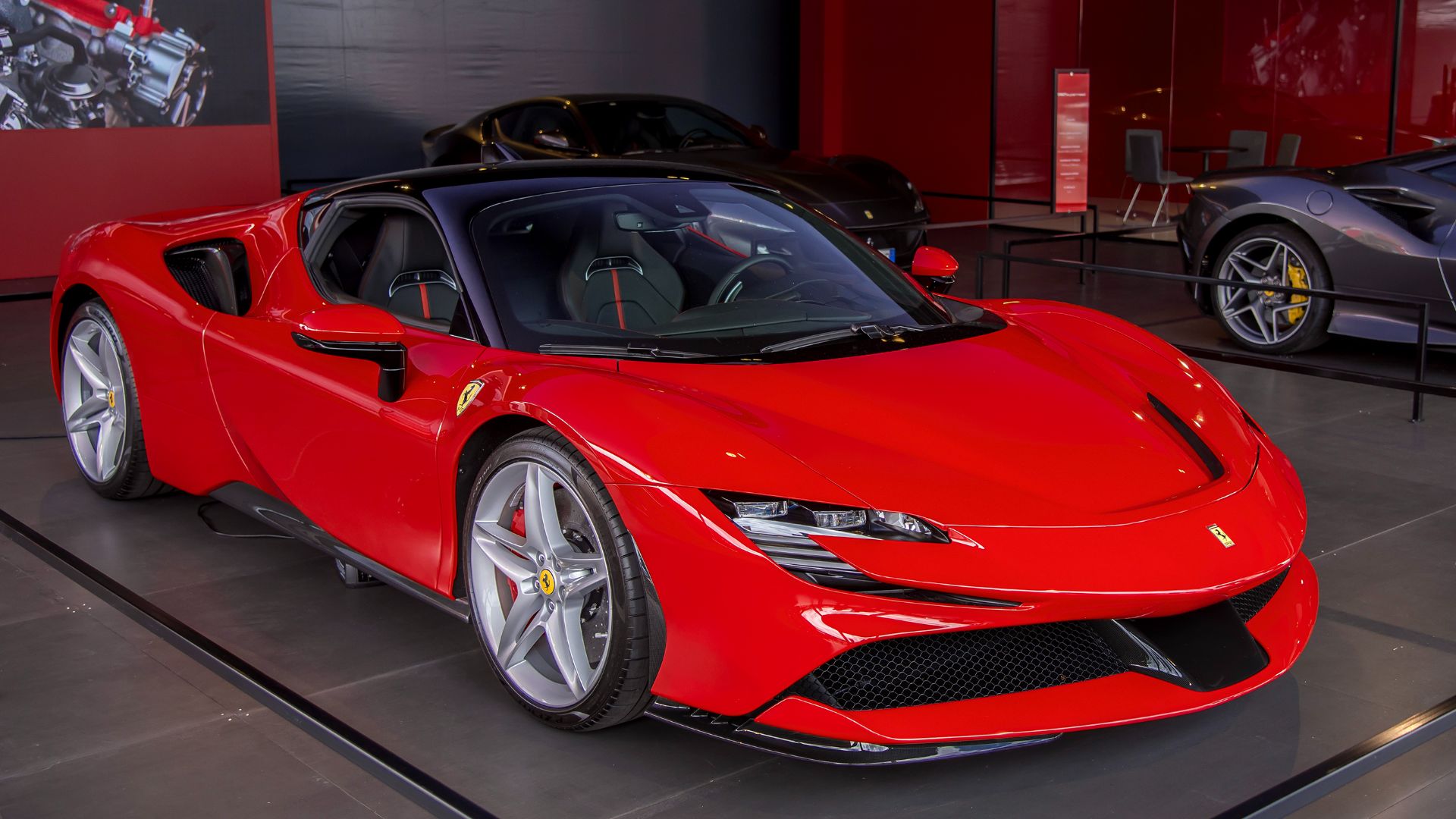 Alexandre Prevot from Nancy, France on Wikimedia
Alexandre Prevot from Nancy, France on Wikimedia
5. Lexus LC 500h
If you crave grand touring drama without guilt trips, this coupe nails it. The Lexus LC 500h, launched in 2018, showed that hybrids could blend jaw-dropping looks with smooth, effortless cruising. Its multi-stage hybrid system offered near-V8 power with better efficiency.
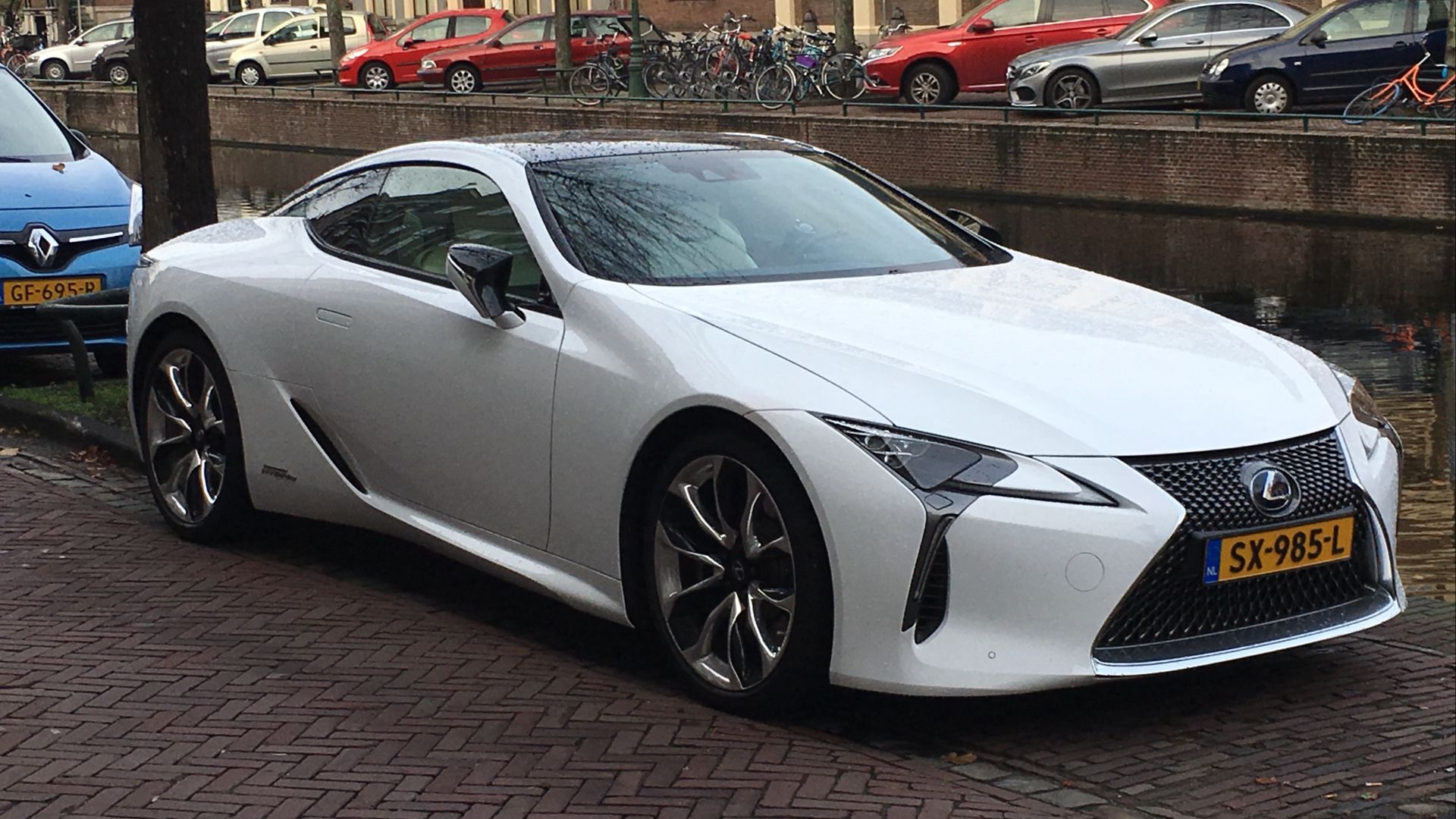 Rutger van der Maar on Wikimedia
Rutger van der Maar on Wikimedia
6. Toyota RAV4 Prime
The 2021 RAV4 Prime maintains Toyota’s good looks. Plug-in power meets SUV practicality, delivering 302 horsepower and a real electric range. Families and adventurers finally got a hybrid that felt fun. The car is so in demand that many dealerships sell it way above the sticker price.
7. Ford Maverick Hybrid
When Ford’s 2022 Maverick Hybrid exploded onto the scene, it came with unexpected charm. Affordable and versatile, it offered pickup lovers a chance to save at the pump without losing utility. Mavericks flew off lots and introduced a new generation to hybrid thinking.
8. Porsche Panamera 4 E-Hybrid
Porsche didn't half-step when adding an electric punch to the Panamera lineup in 2017. The 4 E-Hybrid sprints like a sports car yet glides like a limo when needed. Buyers craving green luxury without sacrificing fun found their match, and Porsche has kept refining the formula ever since.
9. McLaren Artura
Released in 2022, the McLaren Artura injected plug-in hybrid tech straight into supercar DNA. With a twin-turbo V6 and electric motor combo, it blitzed 0–60 mph in under three seconds. Artura isn't about saving fuel but about making McLaren’s thrilling edge even sharper for tomorrow.
10. Jeep Wrangler 4xe
Adventure met efficiency when Jeep launched the Wrangler 4xe in 2021. As it slapped on batteries, it preserved the Wrangler's legendary off-road grit while adding instant electric torque. Trail-rated badges and plug-in charging stations now go hand in hand in America’s wildest places.


